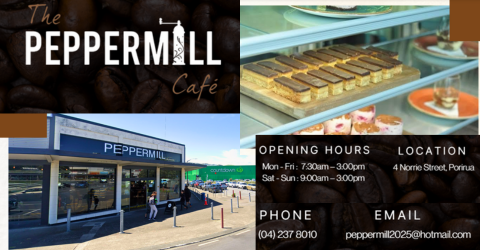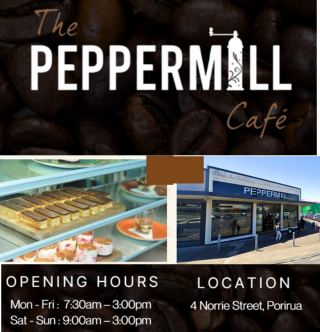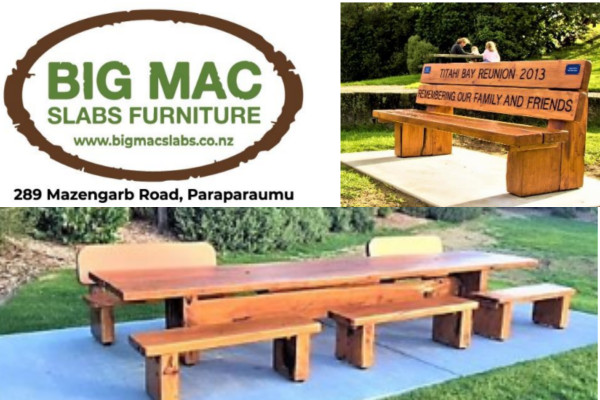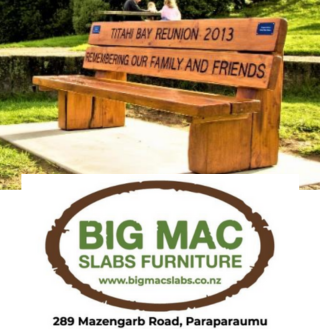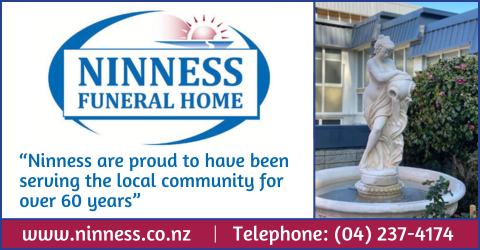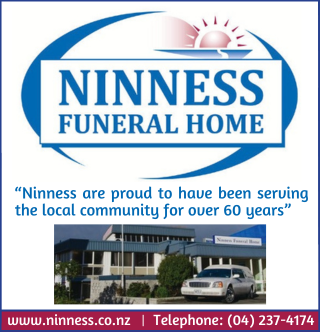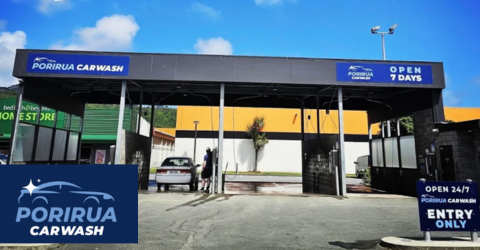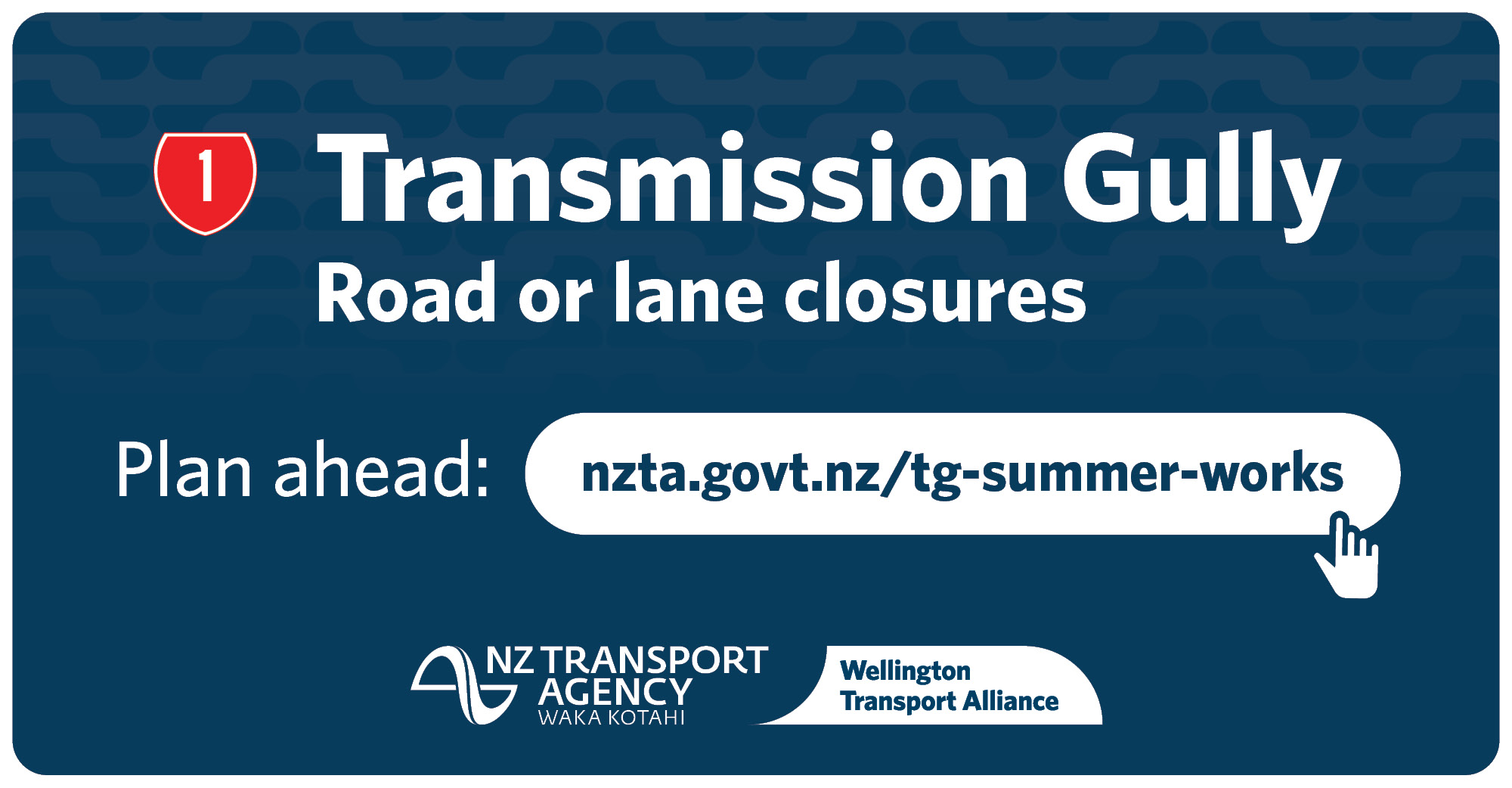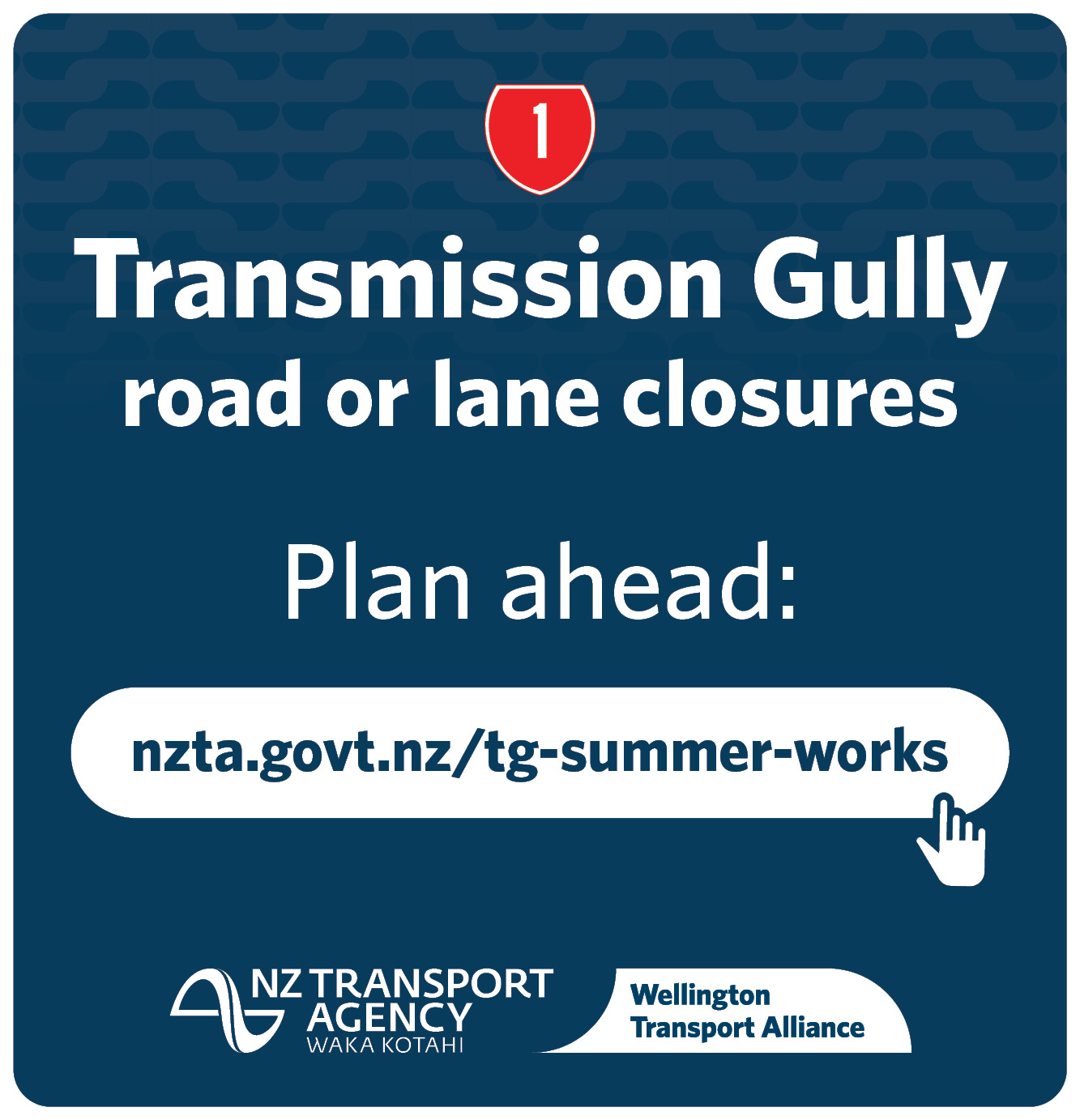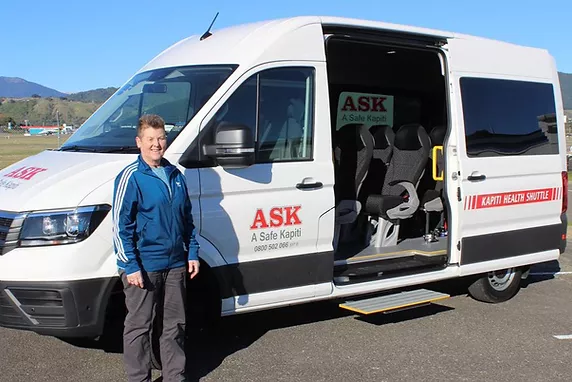
By Ian Powell
Being in the leadership of the union representing salaried medical specialists for over 30 years has meant that I have a very good understanding of how the health system works locally and centrally.
I would like to apply this experience to improving healthcare access for the Kāpiti Coast. This is primarily why I am standing as a districtwide councillor candidate for the Kāpiti Coast District Council.
So where might improving healthcare access start. It begins by recognising that responsibility for funding healthcare belongs to central government, not ratepayers. But it also recognises that improved healthcare access is an integral part of wellbeing which, in turn, is a core local government function.
In this context, through recent restructuring, the health system is now more centralised, more vertical and less transparent than it previously was. This restructuring has also led to the health system being too distracted and disrupted to do what it should be doing.
The role therefore of KCDC is to forcefully advocate for the new Health New Zealand (Te Whatu Ora) to provide the health services that Kāpiti residents require improved access to. As a tangible starting point, this advocacy should focus on access to general practices for primary care and to the treatment of accidents and other urgent problems.
Health New Zealand now owns the healthcare facility and land in Paraparaumu that was previously owned by the now abolished Capital & Coast DHB. An enhancement of this facility could be constructed to provide for HNZ provision of both general practice and urgent care treatment. In other words, to address the serious issue of lack of access to both primary and urgent care, HNZ should directly employ GPs and urgent care doctors (and nurses) in an expanded Kāpiti facility.
Previously the West Coast DHB found it necessary to employ its own GPs because of severe shortages. This saved primary care on that Coast. HNZ directly employing GPs in an area where all the GP owned practices are full up and where there is known unmet need is not unprecedented; instead it is a necessity.
HNZ provided urgent care medicine in Kāpiti is a potentially exciting opportunity also worthy of advocacy. Urgent care is an interesting relatively new branch of medicine in New Zealand. It covers the treatment of accidents and urgent medical problems in the community.
There are 36 branches of medicine recognised by the Medical Council. Urgent care is the 12th largest. It is roughly the same size as orthopaedic surgery and the second largest branch by face-to-face patient consultations (behind general practice).
Advocacy of HNZ provision of additional general practice and urgent care medicine has much to offer but requires further investigation first. This will require active constructive engagement with Health New Zealand.
The outcome may not be as outlined above. It might be achieving the same objective in a different way. It will not resolve all of Kāpiti’s healthcare access issues but it would go a long way towards resolution.
If elected as a Kāpiti districtwide councillor, in collaboration with the Kāpiti Health Advisory Group, I’m committed to endeavouring as best as I am able to achieve this.
Ian Powell is standing as a Districtwide candidate for Kāpiti Council














